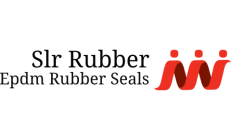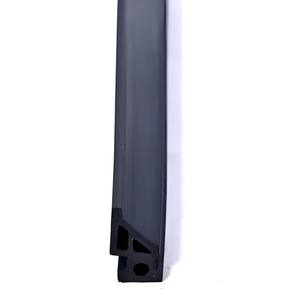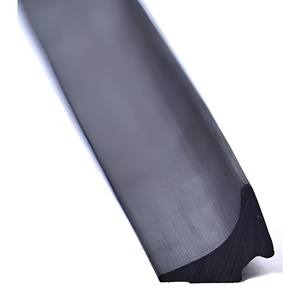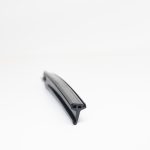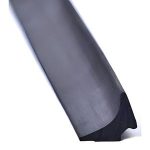“Ship seals” can refer to various types of seals used in the maritime and shipping industry. These seals serve different purposes and are used in different areas of a ship. Here are some common types of ship seals:
- Hull Seals: These are seals used to maintain the watertight integrity of a ship’s hull. They prevent water from entering the ship, which is crucial for buoyancy and safety. Hull seals can include various components like gaskets, rubber seals, and sealants.
- Hatch Seals: Hatch seals are used to create watertight and airtight seals on cargo hatches. They prevent water from entering the cargo hold and protect the cargo from moisture and environmental factors. These seals are especially important for ships carrying dry bulk cargo, such as grains.
- Shaft Seals: Shaft seals are used to prevent water from entering the ship’s propulsion system, where the ship’s propeller shaft passes through the hull. Common types of shaft seals include lip seals and mechanical face seals.
- Pump Seals: Ships use various pumps for fluid transfer and ballast operations. Pump seals are essential to prevent leaks and maintain the integrity of the pumping systems.
- Valve Seals: Valves on ships are used to control the flow of liquids and gases. Seals within valves ensure that they close tightly, preventing leaks and maintaining control over the ship’s systems.
- Dredge Pump Seals: Dredging ships use special pumps for excavating and transporting sediments. Seals in these pumps are designed to withstand abrasive materials and maintain efficiency.
- Rudder Seals: Seals are used around the rudder post to prevent water from entering the ship’s steering mechanism.
- Lifeboat Hatch Seals: These seals ensure that the hatches of lifeboats remain watertight and secure until they are deployed in emergencies.
The materials used for ship seals vary depending on their intended use. They can be made of rubber, neoprene, elastomers, metal, or other materials designed to withstand the harsh marine environment, including exposure to saltwater, UV radiation, and temperature extremes.
Proper maintenance and inspection of ship seals are essential to ensure their continued effectiveness in preventing leaks and maintaining the safety and operational integrity of the vessel. Any damaged or worn seals should be replaced promptly to avoid potential issues at sea.



